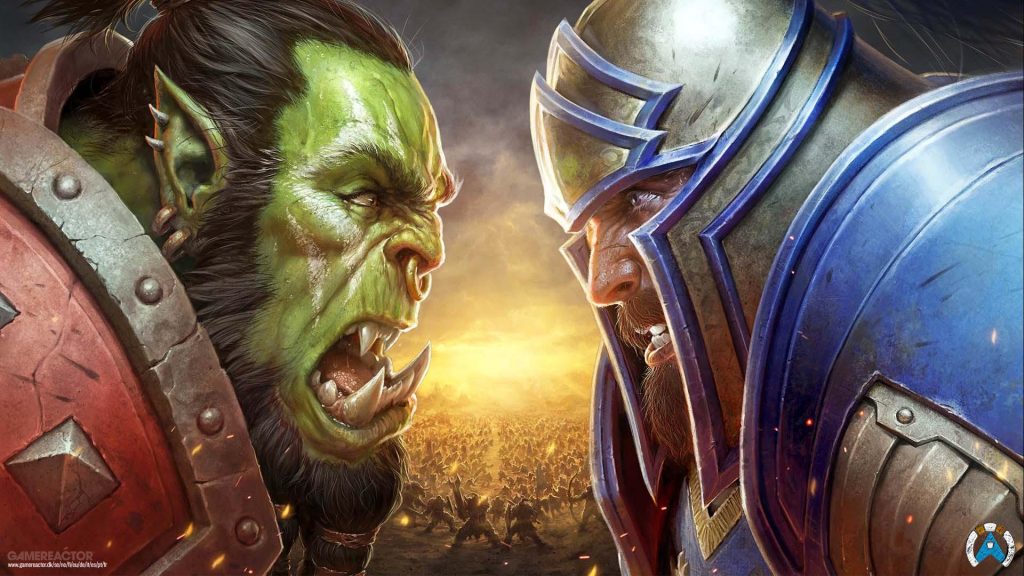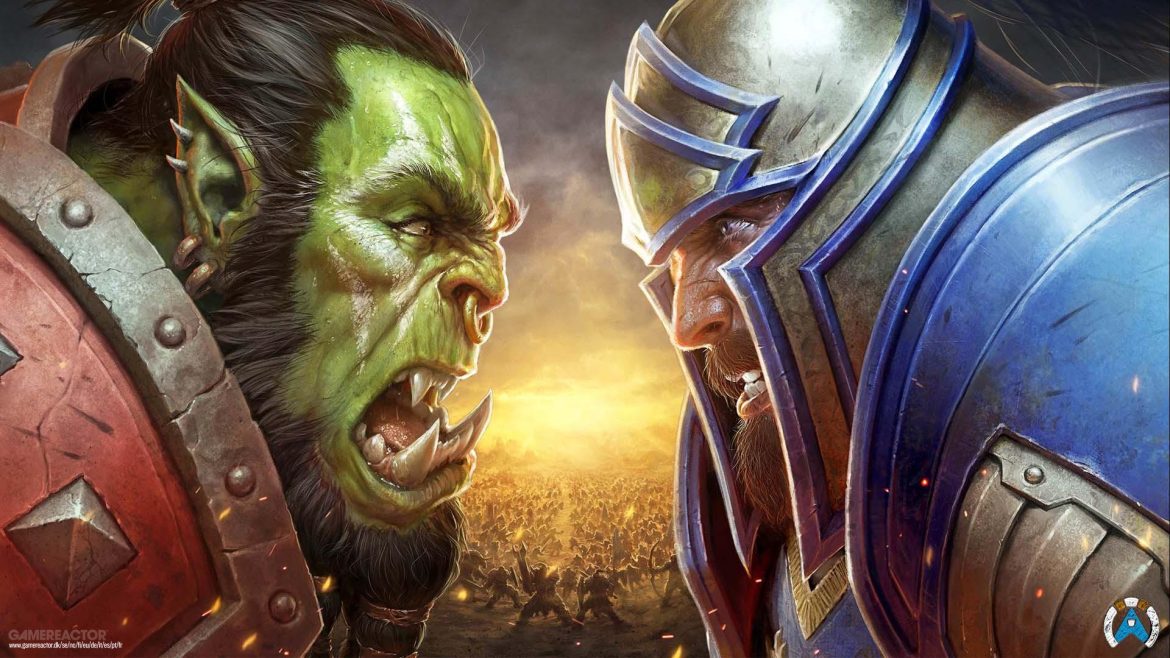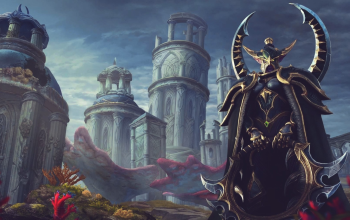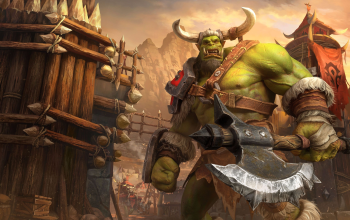
The development trend of role-playing games presents a multifaceted character, including the following aspects:
- Technology application level:
- Picture and Rendering Technology Enhancement: game graphics will continue to develop in the direction of greater realism and detail. With the improvement of hardware performance and the advancement of graphics technology, technologies such as ray tracing and high dynamic range imaging will be more and more widely used in role-playing games, presenting players with more realistic light and shadow effects, finer material textures, and more vivid scene environments, and enhancing the game’s sense of immersion.
- Convergence of Virtual Reality (VR) and Augmented Reality (AR) technologies: VR technology allows players to fully immerse themselves in the virtual game world and gain an immersive experience, while AR technology can combine virtual elements with the real world to create unique gameplay. In the future, role-playing games may incorporate more of these two technologies, for example, players can enter the game world for in-depth adventures through VR devices, while using AR technology to interact with game characters or elements in a real-world environment, further expanding the boundaries of the game and the ways in which they can be experienced.
- Popularity of cloud gaming: Cloud gaming technology allows players to smoothly run large-scale role-playing games without the need to own high-performance gaming equipment, simply by connecting over the Internet. This lowers the hardware threshold for players and enables more people to easily enjoy a high-quality gaming experience. With the continuous improvement of cloud game technology and further enhancement of network bandwidth, the application of cloud games in role-playing games will become more and more widespread, promoting the dissemination and popularisation of the game.
- Game play level:
- Playing Game Integration and Innovation: role-playing games will continue to integrate the playing elements of other game types to increase the fun and diversity of the game. For example, combining with action games to increase the sense of operation and immediacy of battles, like the Dark Souls series; combining with strategy games so that players need to think more strategically during character development and battles, such as certain role-playing elements in the Civilisation series; and combining with shooter games to create a more tense and exciting battle experience, such as the Destiny series.
- Open World and Non-Linear Plot: Open world design will become one of the mainstream trends in role-playing games. Players will have greater freedom and exploration space in the game, and will be able to freely choose the order of completion of quests, explore different areas, and interact with various characters. At the same time, the development of non-linear plot will also make the game’s story richer and more varied, and the player’s choices will have a substantial impact on the direction of the game’s plot, increasing the game’s replay value and the player’s sense of immersion.
- Multiplayer Online and Social Interaction Enhancement: Massively multiplayer online role-playing game (MMORPG) will continue to grow and develop, and will pay more attention to the improvement of social interaction functions. In addition to traditional social systems such as teaming and guilds, the game may incorporate more social gameplay, such as real-time interactions between players, co-operative house building, and joint management. In addition, the cross-platform multiplayer online function will become more and more popular, so that players from different devices can play together and enhance the social and competitive nature of the game.
- Introduction of Sandbox Elements: The freedom of creation and high degree of customisation of sandbox games will be incorporated more into role-playing games. Players can not only play the role of the game’s characters in adventures, but also create their own characters, scenes, quests and other content, and even transform and expand the game world through in-game editing tools, which greatly improves players’ participation and creativity.
- Game content level:
- Depth of Plot and Personalisation: Players’ demands for game plots are getting higher and higher, and future role-playing games will pay more attention to the depth and connotation of plots, creating stories rich in emotional resonance, depth of thought and cultural heritage. At the same time, the game will generate personalised plot development based on players’ choices and behaviours, and each player will be able to have their own unique gaming experience.
- Deepening of character customisation and growth system: Character customisation will become more detailed and diversified, and players can customise their character’s appearance, personality, abilities, etc. from more aspects to make the character more unique. The character growth system will also become more complex and in-depth. In addition to the traditional level-up and attribute additions, more elements such as skill tree branching, talent system, equipment enhancement and evolution may be added to give players more choices and strategies in character development.
- Diversification of culture and themes: The themes of role-playing games will no longer be limited to traditional fantasy, science fiction, martial arts, etc., and will continue to expand to more cultural areas and themes, such as history, mythology, literature, art, etc.. This will bring more novel gaming experiences to players and also help promote different cultures and values.
- Business operation level:
- Continued growth of the handheld game market: With the continuous improvement of the performance of mobile devices, the mobile role-playing game market will continue to maintain a rapid growth trend. Handheld games are convenient and can be played anytime, anywhere, which is suitable for the pace of life of modern players. In the future, more high-quality role-playing handheld games will be launched, and they will continue to be on par with host and PC games in terms of gameplay, graphics and plot.
- Subscription System and Diversification of Payment Modes: In addition to the traditional one-time purchase and in-buy payment modes, new payment modes such as subscription system may gradually emerge in role-playing games. The subscription system can provide players with continuous game content updates and exclusive benefits, enhancing player stickiness and loyalty. Meanwhile, game developers will continue to explore more reasonable and diverse payment models to meet the needs of different players.
(Some images and content are from the internet, please contact us to remove any infringement!)



